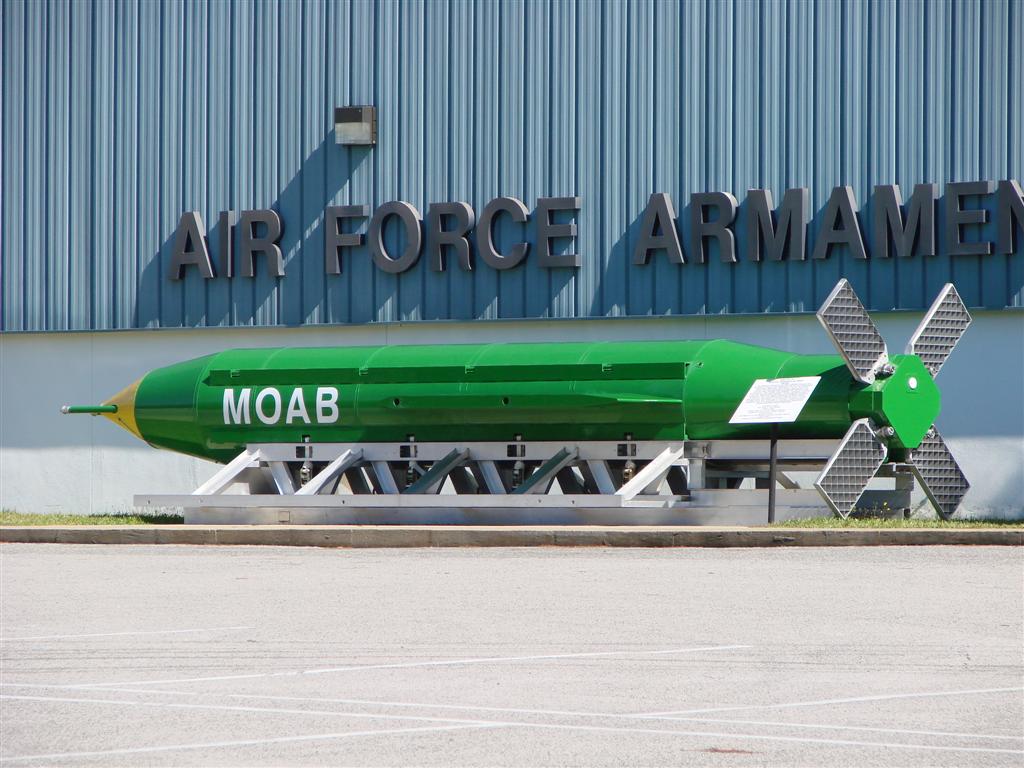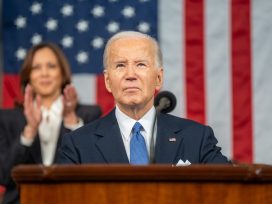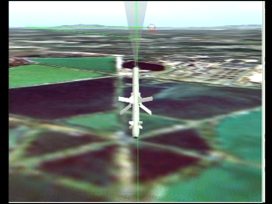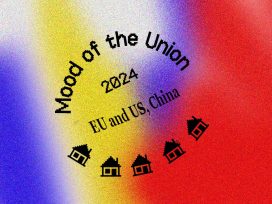Haven’t we really known it all along?
If you take someone whose previous career was fuelled completely by drive and instinct, and drop him into a political arena that calls for subtlety, diplomacy, and constant attention to conflicting spheres of interest, no one could have acted truer to form in the first 100 days of his Presidency than Donald Trump.
The problem hasn’t been Trump’s “unpredictability”, a word that the American press bats about endlessly to express their frustration in trying to figure him out. Actually Trump’s vacillation, temper tantrums, thin-skinned touchiness and nostalgic obsession with his past triumphs have all been predictable: anyone so ill-prepared to deal with the situation would have acted pretty much the same.
It’s closer to the truth to say that we haven’t wanted to know what we know. People on the Left still angry about the President’s irrational impulsiveness are naïve; nothing in his past suggested otherwise. Americans who expected him to bring jobs back and reduce medical premiums were equally innocent – everyone knew that he was bragging, and the more realistic of his supporters voted for him out of unhappiness, not real hope.
Still smarting from the defeat of his healthcare bill, this past month the President has retreated into his shell. He holed up in his Florida beach club, drew family members and old friends closer to him, stayed on script more often, confined his public appearances to places where he felt safe, refused to publish the White House guest list, toned down his rhetoric, ceded more of the spotlight to his first-level appointees – and looked glum and preoccupied all the time.
Some of his actions resembled those of a cuddly, Romney Establishment Republican. We didn’t hear much about the Wall. Or about refugees. Or the evils of Islam. Or Obama’s duplicity. He cozied up to China’s leaders, reversed his position on NATO, pledged to preserve the Export-Import Bank (an executive organization set up to help US exports that he once regarded as part of the “swamp”), pushed Steve Bannon aside in favour of less volatile personalities, and even hinted that he’d retain Janet Yellen, an Obama appointee, as head of the Federal Reserve.
On the other hand, changes were in the wind about the Environmental Protection Agency, Planned Parenthood, and the Obama financial regulation bill. He talked about trying again to dismantle Obamacare and rewrite the tax code, though his refusal to release his own taxes makes that project, well, dubious. Though he complained about Chinese steel production and Canadian dairy farmers, his executive orders were very mild, and centred on areas where his support-base, now at an all-time low of 36%, wouldn’t feel threatened.
This isn’t to say that conservative Republicans weren’t busy writing more extreme bills intended to eviscerate as many of Obama’s programs as possible.

A GBU-43/B Massive Ordnance Air Blast weapon. Source: Wikipedia
What really stood out this past month were the administration’s efforts in foreign affairs, and how they were savaged by the press.
Though Trump’s hand-holding with demagogues like Egypt’s President el-Sisi and Turkey’s Erdogan wasn’t pretty, most of his other gestures were fairly standard sabre-rattling. Lost in the headlines about the “Mother of All Bombs” dropped in Afghanistan was the fact that Obama had dropped similar bombs to do the same job. The attack on an airstrip in Syria in response to the use of sarin gas by regime troops may not have done much damage, but it seemed to signal that Trump was no pal of Assad or Putin. The Comedy of Errors surrounding the aircraft carrier deployed to the waters near North Korea may have been more a question of misinformation than bad planning.
Yet the press smelled blood. Not only the President but the whole military command was depicted as inept. Trump’s inability to formulate anything like a cogent foreign policy came back to haunt him; it was as if the press wanted revenge for studying his behaviour these past months like a Roman soothsayer examining pigeon guts.
But they may also have hit on a general sense of dread.
The major takeaway of Trump’s first hundred days in office, it seems to me, is that American democracy worked fairly well, at least domestically. It became evident that constitutional checks and balances, and the complexity of the machine itself, make it virtually impossible for a President to overhaul the government singlehandedly the way that, say, Franklin Roosevelt attempted to do.
But foreign affairs are a different story. Because the need for split-second decisions puts a huge amount of power in the President’s hands, this past month we all lived in fear that we were watching an unwelcome performance of the Sorcerer’s Apprentice. Suddenly a rank amateur had been given abilities that he’d never dreamed of, and we held our breath as he seemed to flounder around, completely in over his head.
Whether this scenario proves to be accurate, or the creation of over-zealous media, is only one of the many questions facing the US in the three years and nine months ahead.







